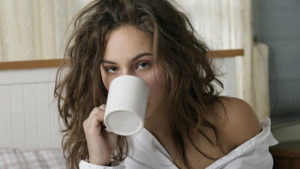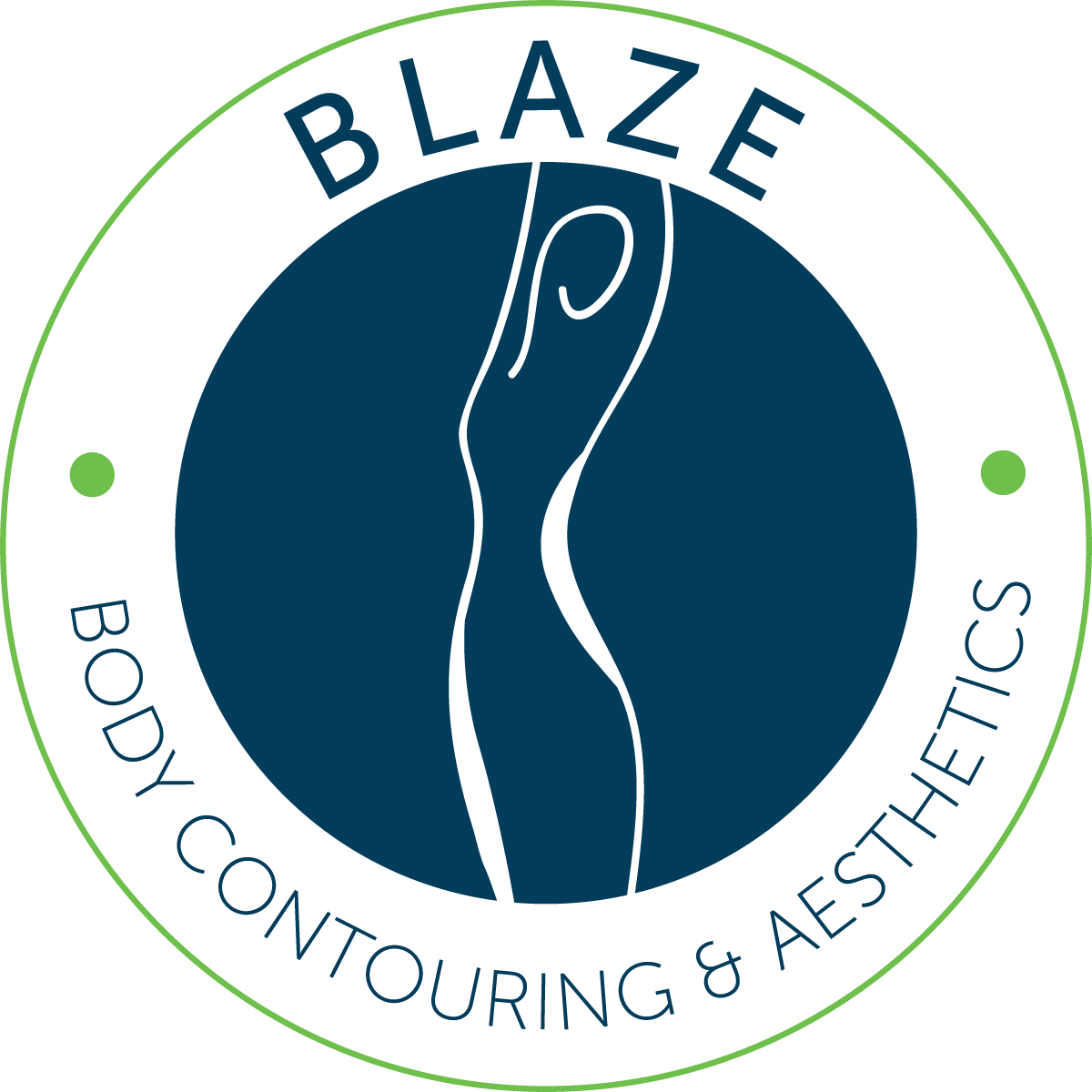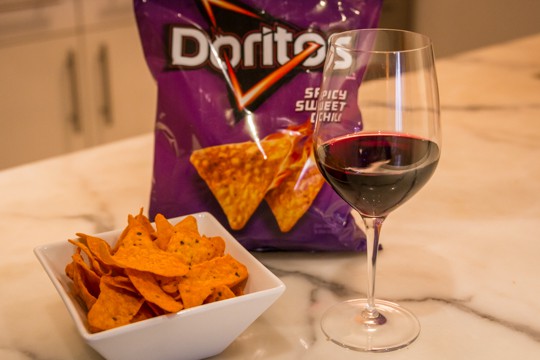If you’ve been trying to lose weight for any length of time, you’re probably pretty good at monitoring your calories. Even if you don’t keep a detailed food journal, you probably have a rough idea of what you’re eating and maybe a general idea of the calories you’re eating. But there’s one area we often fall short and that’s in the calories we drink.
Energy drinks, juice, and smoothies can add extra calories, but alcohol is often our biggest enemy, going down so smoothly, we may have no idea just how many extra calories we’re taking in.
If cocktails are a regular part of your diet and you’re trying to lose weight, being more aware of what and how much you drink can make a difference.
Drinking, Weight Loss, and Your Health
If you’re a moderate drinker, which is defined as two drinks a day for men or one drink a day for women, some studies have found possible health benefits such as:
Reduced risk of developing heart disease
Reduced risk of ischemic stroke
Lower risk of dying of a heart attack
Lower risk of developing diabetes
Of course, there are other ways to achieve all of these things without tipping a glass. Exercise, for one, and lifestyle changes like quitting smoking and eating a healthy diet. While there may be some health benefits to moderate drinking and, of course, many of us just enjoy it, there are some drawbacks as well, starting with your waistline. That doesn’t mean you have to stop drinking, but choosing different drinks and cutting back may make a difference.
 How Alcohol Can Pack on the Pounds: Added Calories
How Alcohol Can Pack on the Pounds: Added Calories
One of the obvious side effects of alcohol is that it adds calories to your diet. While many of us have a handle on the calories we eat, we often don’t know how many calories are in our alcoholic drinks.
While alcohol doesn’t contain fat, it does contain 7 calories per gram.
That’s more than protein and carbs, both of which contain 4 calories per gram. To get an idea of what you’re drinking, check out this brief list of common cocktails. Does your favorite drink have more calories than you thought?
1 can (12 oz) Beer – 135-145 calories
1 can (12 oz) Light Beer – 101 calories
1 glass (5 oz) Red or White Wine – 120 or more calories
1 shot (1.5 oz) Gin, rum, vodka or whiskey – 97 calories
1 glass (6 oz) Cosmopolitan – 143 calories
1 glass (4.5 oz) Pina Colada – 262 calories
1 glass (2.2 oz) Martini – 135 calories
And if you’re like most of us, you’re not measuring when you pour that glass of wine. A couple of glasses of wine or beer can easily add more than 300 calories to your diet, the equivalent of 30 minutes of jogging for a 150-lb. person.
Having a few drinks after a workout may end up undoing all that hard work. However, it doesn’t have to be that way if you plan ahead. If you know you’re going to have a few drinks later, consider working out for a longer period of time and eating a lighter meal at lunch to offset those extra calories.
Increased Appetite
Some studies suggest that alcohol can actually stimulate the appetite, at least in the short term. This is especially true when you’re at a party or some other social event where tempting foods are everywhere you turn. It’s hard enough to avoid fatty or sugary foods when you’re sober, but add alcohol and an increased appetite and it may become impossible. When you think of typical bar food like chicken wings, fried cheese, and potato skins, you add even more calories. Just one small fried chicken wing has about 90 calories, and that’s not including the sauce or the bleu cheese dressing you might be dipping it in.
 License to Indulge
License to Indulge
Not only does alcohol add calories, it makes it harder to stick to a healthy diet. It takes a high dose willpower to turn down high-calorie foods and that requires energy. One study published in the Personality and Social Psychology Review has shown that acts of self-control, like bypassing a piece of chocolate cake for a carrot stick can actually deplete glucose levels, leaving us vulnerable in situations where we don’t have control over our choices.
Adding alcohol to the mix drains that energy even more, leaving you less concerned about blowing your diet than satisfying your cravings. After a few drinks, that healthy diet you’ve been following so diligently suddenly doesn’t seem all that important anymore.
The Day After
A night of drinking, even if it’s just one too many, not only leaves you vulnerable to temptation, it may leave you too tired or hungover to exercise the next day. When you’re hungover, you’re dehydrated, clumsy and nauseous—all things that preclude a workout. Skipping that workout means you’re not burning those extra calories, which doesn’t help with your weight loss goals.
Avoiding Weight Gain With Alcohol
Be aware of what and how much you’re drinking: Find the calorie content of your favorite drinks. That alone may motivate you to find substitutions for higher calorie drinks. For example, a margarita can have upwards of 550 calories while a glass of wine has about 150 calories.
Drink water between drinks: Having a full glass of water between alcoholic drinks can both help you avoid drinking too much and keep you hydrated. That may help avoid a hangover the next day and it helps keep the calories in control. Know your weak spots: If you know you tend to drink too much and overeat at parties, prepare yourself. Eat a healthy meal or snack before you go to ensure you’re not drinking on an empty stomach, which speeds up intoxication. Hydrate before you go out, drinking a glass or more of water. Sometimes just filling up will leave less room for anything else.
Think about your goals: Turning down that refill may be hard in the moment, but you’ll be glad you did when you wake up the next day, refreshed and ready for your workout.
Avoid high-calorie drinks: The worst offenders include eggnog (340 calories), Long Island Iced Tea (up to 800 calories), and margaritas (up to 700 calories). In general, drinks that include mixers like sweet and sour mix, juice, or tonic will have more calories. If you do get mixed drinks, stick with club soda instead of tonic, which has fewer calories.
Like everything else, moderation is the key when it comes to enjoying cocktails while watching your weight. Treat alcohol the same way you treat other things in your diet; it’s something you can enjoy from time to time without going overboard.
Sources:
Crandall JP, Polsky S, Howard AA, et al. Alcohol consumption and diabetes risk in the Diabetes Prevention Program. Am J Clin Nutr. 2009;90:595-601.


Comments are closed